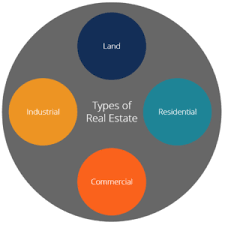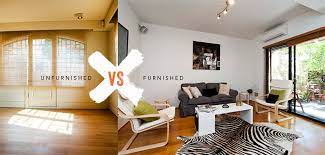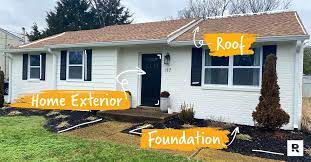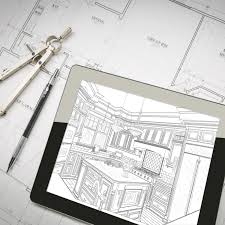Benefits of Feng Shui
Feng shui is an ancient Chinese practice that has been around for over 3,000 years. It is a system of harmonizing individuals with their environment to achieve balance and positive energy. Feng shui is based on the idea that everything in the universe is connected. We can create a harmonious and balanced living space by aligning our surroundings with natural forces.
Feng shui can be applied to homes, offices, and even gardens. The practice involves arranging furniture, decor, and other items to promote positive energy flow, or “chi.” The placement of objects in a room can affect how energy flows, and feng shui is all about finding the best arrangement for positive energy.
One of the main benefits of feng shui is promoting positive energy. When a space is arranged in a way that is conducive to positive energy flow, it can significantly impact the people who live or work in that space. Positive energy can help to reduce stress and anxiety, improve productivity and focus, and promote overall well-being.
Another benefit of feng shui is the promotion of health and vitality. You can create an environment that supports good health and life by aligning your living space with natural forces. This can include using raw materials in your decor, incorporating plants and natural light, and arranging your furniture to promote good energy flow.
Feng shui can also promote prosperity and abundance. When space is arranged in a way conducive to positive energy flow, it can create an environment that supports abundance and prosperity. This can include using specific colors and materials, arranging furniture to promote mass, and incorporating symbols of wealth into your decor.
Finally, feng shui can help to create a more harmonious and balanced living space. When a room is arranged to promote positive energy flow, it can help create a more unified and balanced environment. This can lead to better relationships, improved communication, and a greater sense of overall well-being.
In conclusion, feng shui is an ancient practice with many benefits for those who use it. By aligning your living space with the natural forces, you can promote positive energy, health and vitality, prosperity and abundance, and a more harmonious and balanced living area. Whether you want to improve your home or office, feng shui can be valuable in promoting overall well-being and positive energy flow.










